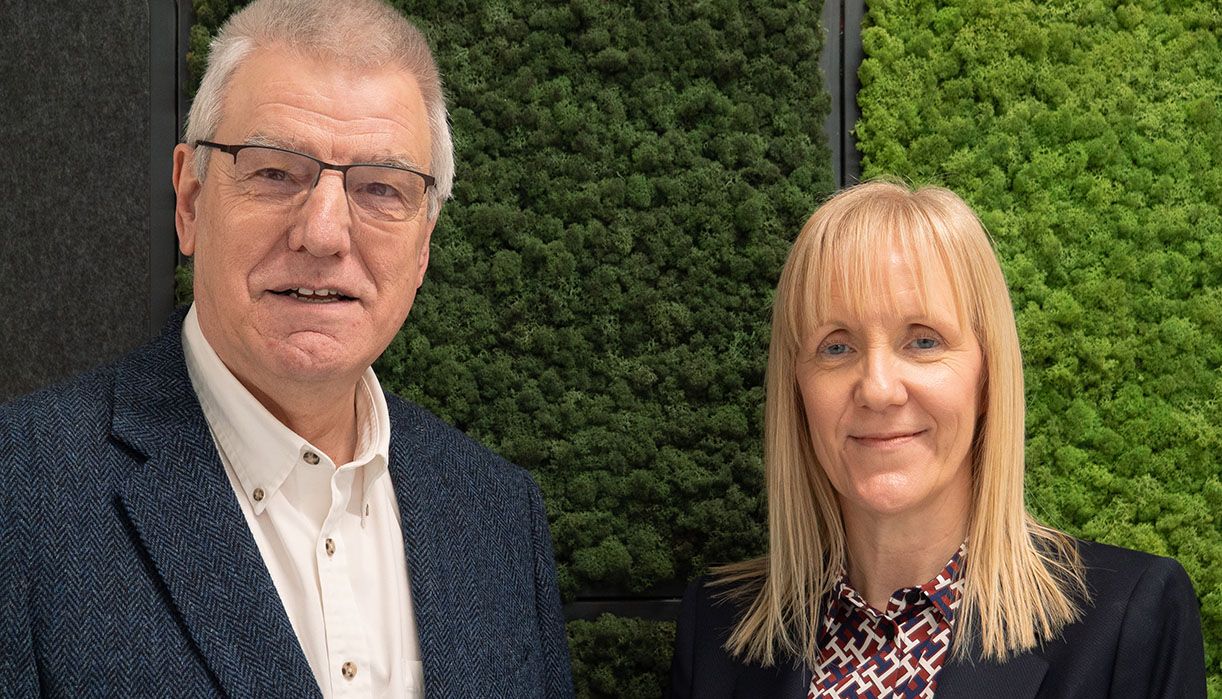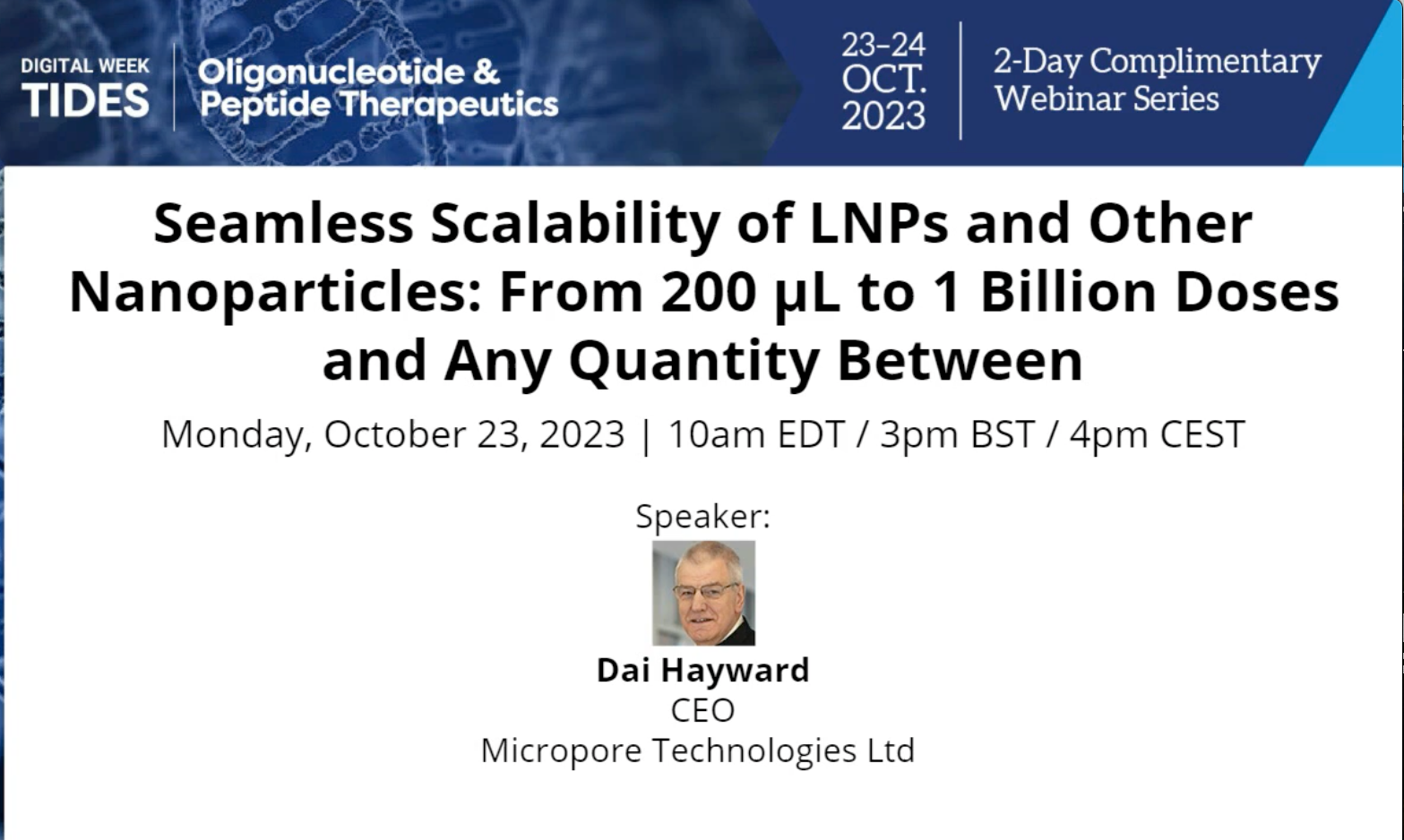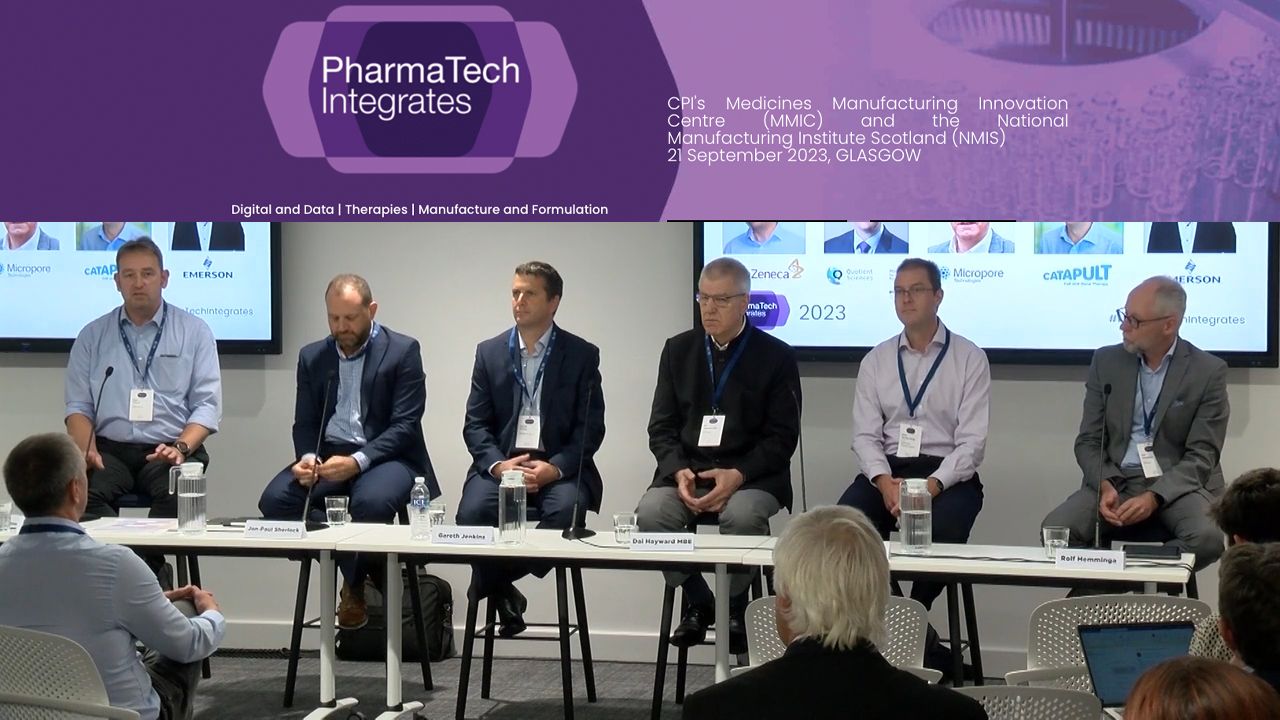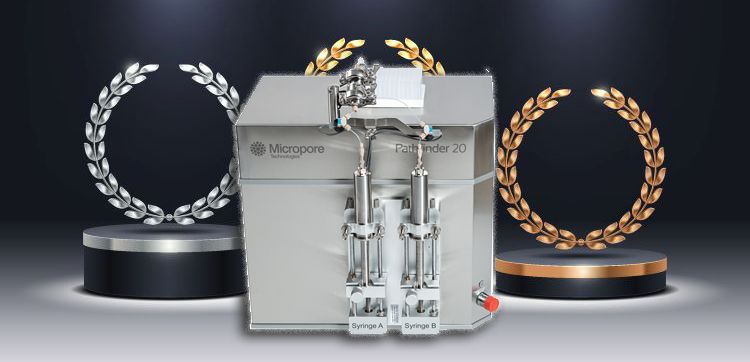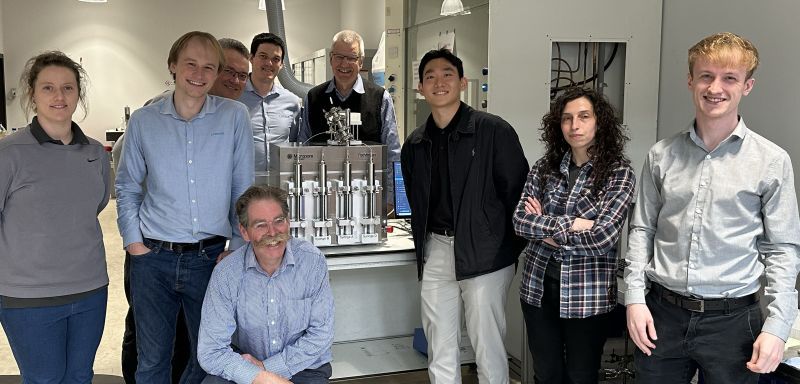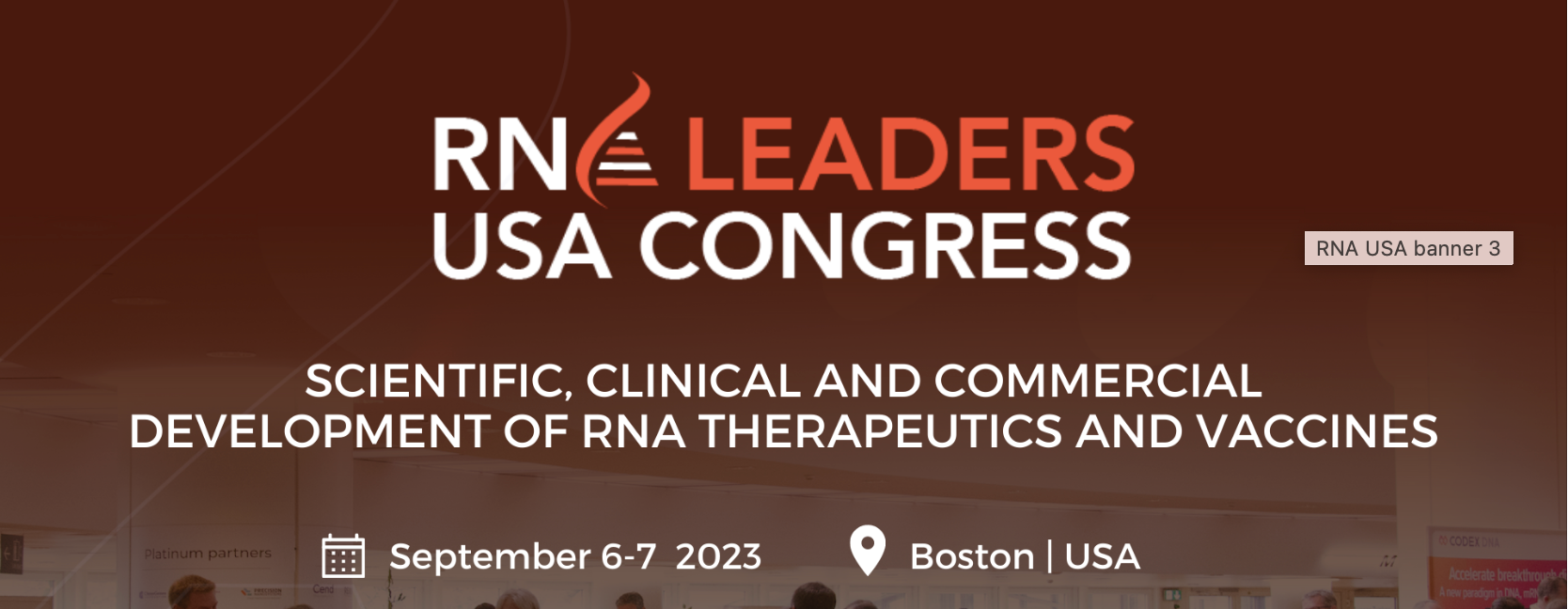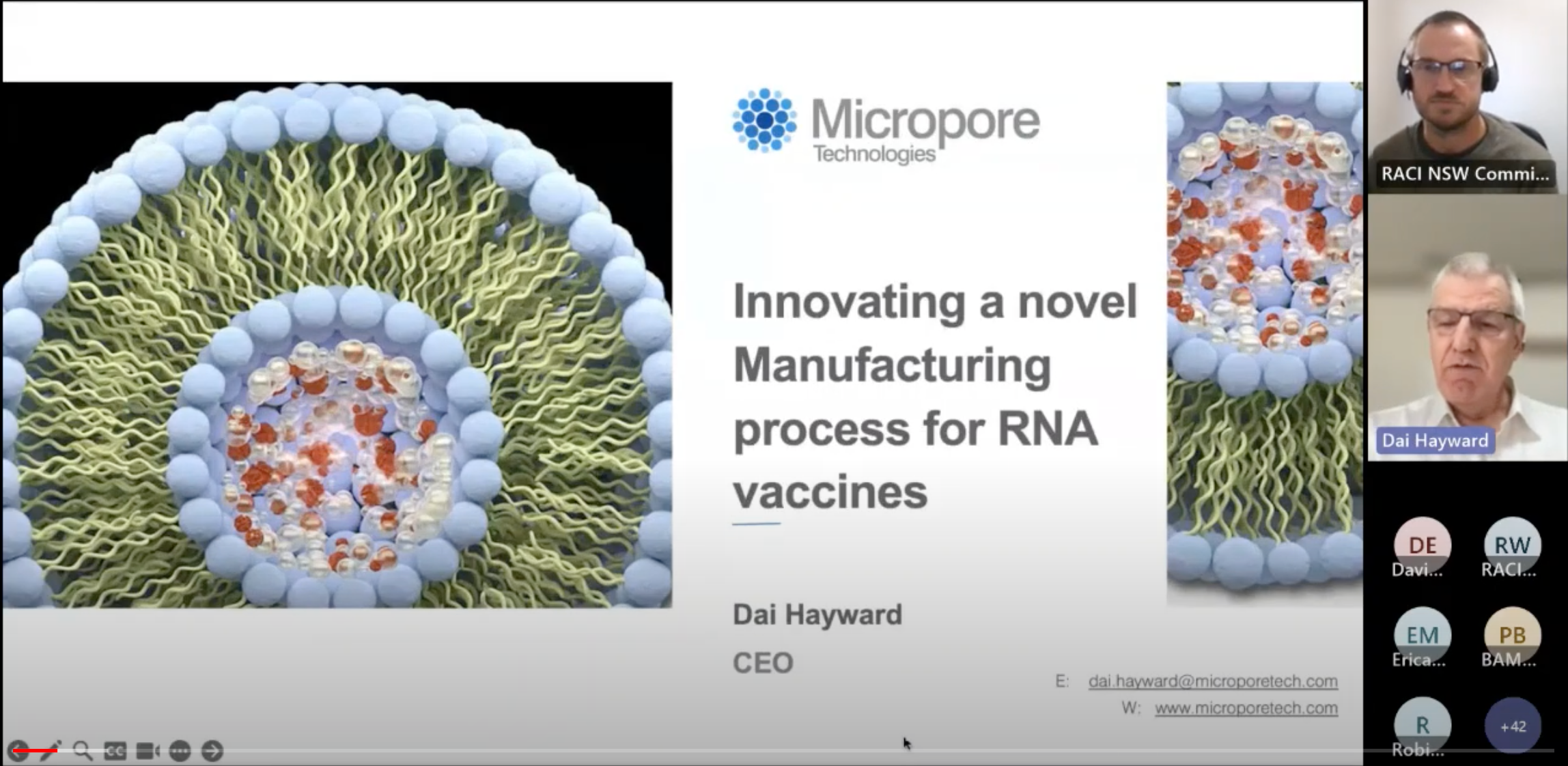
Latest News
Read the latest news about Micropore Technologies and use the news search tool to zero in on specific dates or subject areasLatest News
Need a formulation challenge solved? Ask a Micropore expert
At Micropore we enjoy working in partnership with our clients to solve formulation challenges and deliver the highest performing, most sustainable, most cost-effective formulated delivery systems.
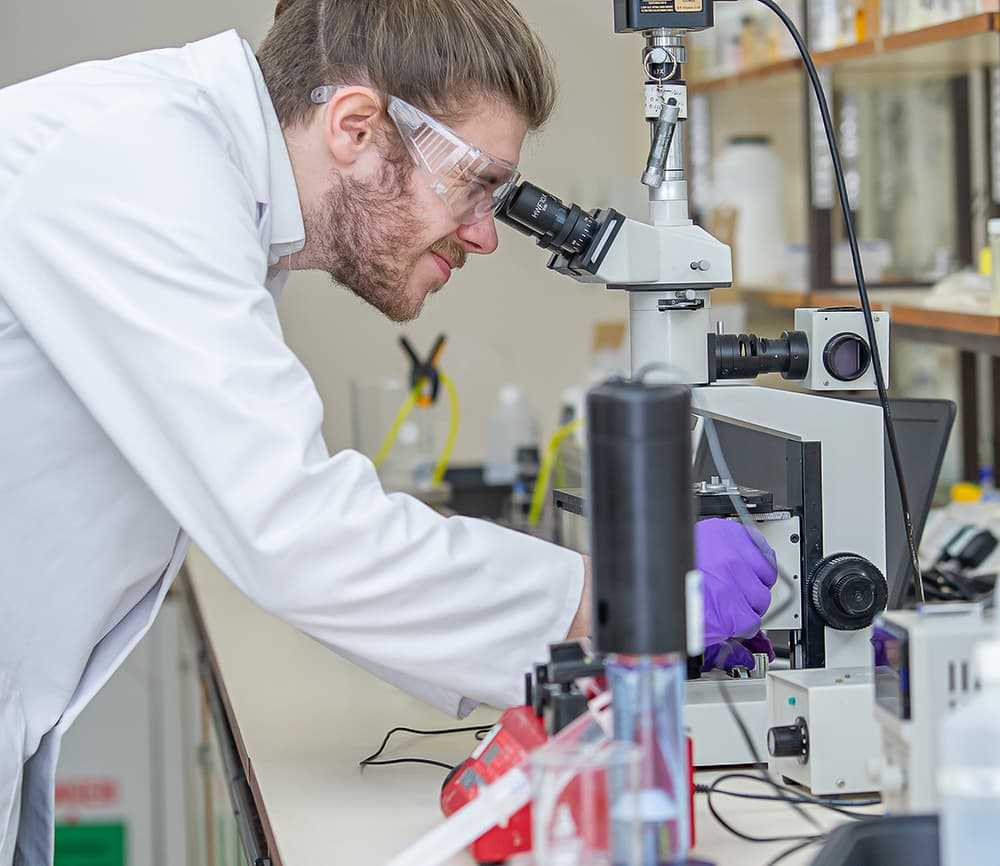
Stay Informed
Keep up to date with innovations at Micropore. Sign up today to stay informed with innovations at Micropore and automatically receive the Micropore newsletter and webinar invites.
